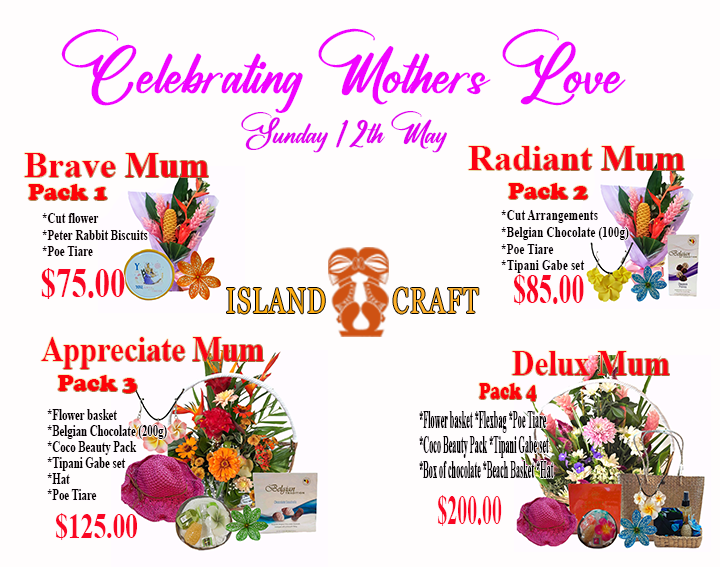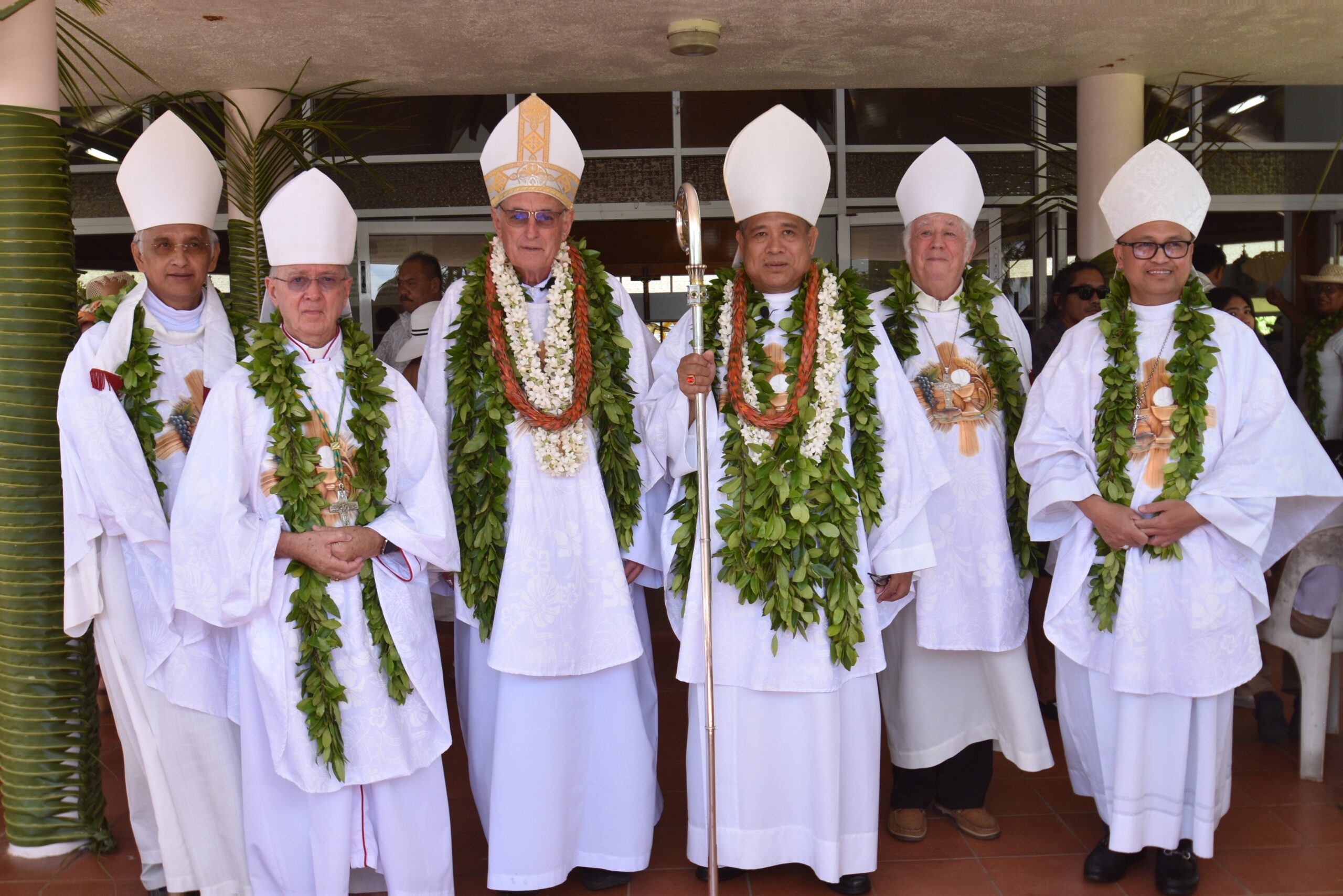Montreal teacher supporting special-needs educators in Aitutaki
Friday 5 January 2024 | Written by Supplied | Published in Education, Features, Outer Islands, Weekend

Lorena D’Alessandro, a veteran teacher with the English Montreal School Board’s Alternative Outreach Secondary System, travelled to Aitutaki to help students with special needs. Photo courtesy Lorena D'Alessandro/24010416
Canadian Lorena D’Alessandro learned teachers in Aitutaki are not especially well-equipped to work with children with ADHD and autism during her first visit in 2022. The veteran English Montreal School Board teacher returned late last year with some much-needed donations and tools for the students. (This article was originally published in the Montreal Gazette on January 4, 2024)
Lorena D’Alessandro, a longtime teacher with the EMSB’s Alternative Outreach Secondary System at Perspectives II, was on Aitutaki in November 2023.
She was accompanying her husband, who was participating in an international paddling competition on Aitutaki and Rarotonga, the largest of the Cook Islands. This was her second visit, as he competed in 2022 as well.
In 2022, D’Alessandro was asked to visit a school and observe a few students with special needs. One teacher told her that there are more students with learning difficulties than there once were — and that teachers are not especially well-equipped to deal with them. Their consultant visits only once a year, and supplies must be ordered from New Zealand, more than 3400 kilometres away, and take a long time to arrive.
D’Alessandro met with other teachers and school administrators and promised to return. Last year, she reached out to the EMSB community ahead of her trip for donations and tools for the students.
Because the airlines would not waive excess baggage charges, “I triaged and what I took was necessary,” she said.
She took school supplies as well as soft sensory toys and tools used to help children with special needs, such as autism and attention deficit hyperactivity disorder.
It is summer in that part of the world and the school year was winding down when D’Alessandro arrived. She met with a teacher who has a child with autism, with his wife, as well with as two other teachers and a school principal.
“I found out that, on the island, when you have a child with autism or ADHD, you don’t talk about it,” D’Alessandro said.
“I said I had the feeling that a lot of parents and teachers need a special group and I said: ‘Why not start a support group that meets once a month?’
“Not only can you express yourself in a safe environment,” she told them, “but you can also share with other parents.”
“They were very receptive and said it was a good idea,” she said.
And because it is difficult for supplies to get to the island, she suggested that they make some of the items themselves, such as sensory toys and weighted pillows. They could fill old socks with sand and make a puppet, for instance, she said.
“Use what you have,” she told them.
People with autism can experience hypersensitivity, or over-responsiveness, as well as hyposensitivity, or under-responsiveness, to a range of stimuli. Most have a combination. Many experience hypersensitivity to bright lights, for instance, or to certain wavelengths of light, such as LED or fluorescent lights.
Touching and manipulating sensory objects calms them, she said.
“Hopefully they will realise that small things like sensory objects will help,” said D’Alessandro, who said she plans to reach out in early 2024 to those she met on Aitutaki.
- Susan Schwartz/Montreal Gazette









































